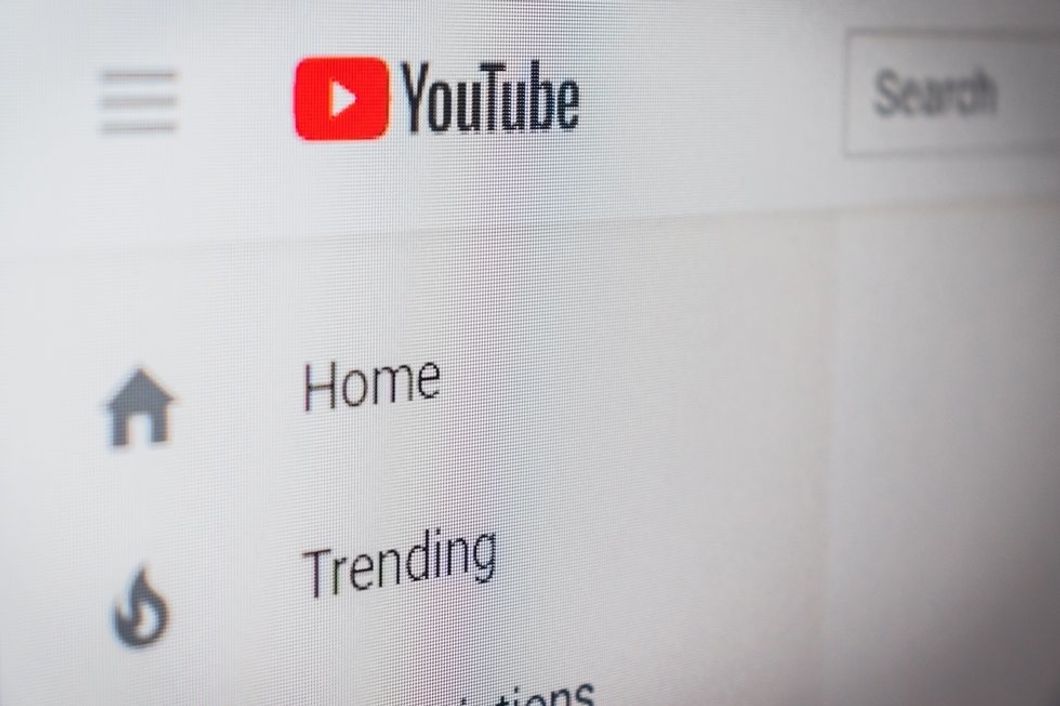The other night, I needed to let off some steam and decided to go on YouTube. The pastime of my youth felt slightly uncomfortable and unwelcoming when I decided to watch a new popular YouTuber's video on the Trending page. It hit me after about two minutes into this video just how much YouTube has changed since I was a kid.
YouTube was my prime source of entertainment from ages 9 to 15. These formative years were filled with mostly the British YouTuber craze, but also science videos, Minecraft gaming, and comedy shorts. I could go for a thought-provoking Vlogbrothers video before diving into a marathon of "Llamas with Hats."
There was a huge variety of content that shared the desire to be original in an expanding medium of entertainment.
Growing up in a content "renaissance" also meant that both myself and the creators were acutely aware of how amateur everything was, and they did their best to make their content authentic and their gratitude real. YouTubers were set on building a community. Views weren't just a number, they were people that needed to be treated well in order to earn their subscription. My YouTube growing up was the perfect mix of entertainment and support I needed to face adolescence and become a sane adult.
I slowly phased YouTube out in high school, having too many after-school responsibilities to find the time to keep up with the channels I used to watch religiously. It wasn't until I came to college and reclaimed a lot of lost free time that I discovered how different YouTube had become. Between Jake and Logan Paul, Emma Chamberlain, or any big YouTuber in 2019, you'll find a common thread of all caps titles and clickbait-y thumbnails. They've lost touch with what is "relatable" content, yet still market themselves in that way. And worst of all, we let them fool us.
We don't want to watch people who live like us. We want to watch people who live like us but better. And that mindset creates unrealistic goals for kids who will never feel perfect enough, quirky enough, or rich enough to be liked like these "role models." Because the platform exists as a clickbait-centric, attention economy, it means the people we highlight are loud, obnoxious, and selfishly unaware of their materialistic, unrelatable lives. I fear for the kids nowadays growing up with this content, but also for the platform that used to feel like a cozy nook of the internet.
Let's try as viewers and creators to make YouTube casual again in 2019.

















